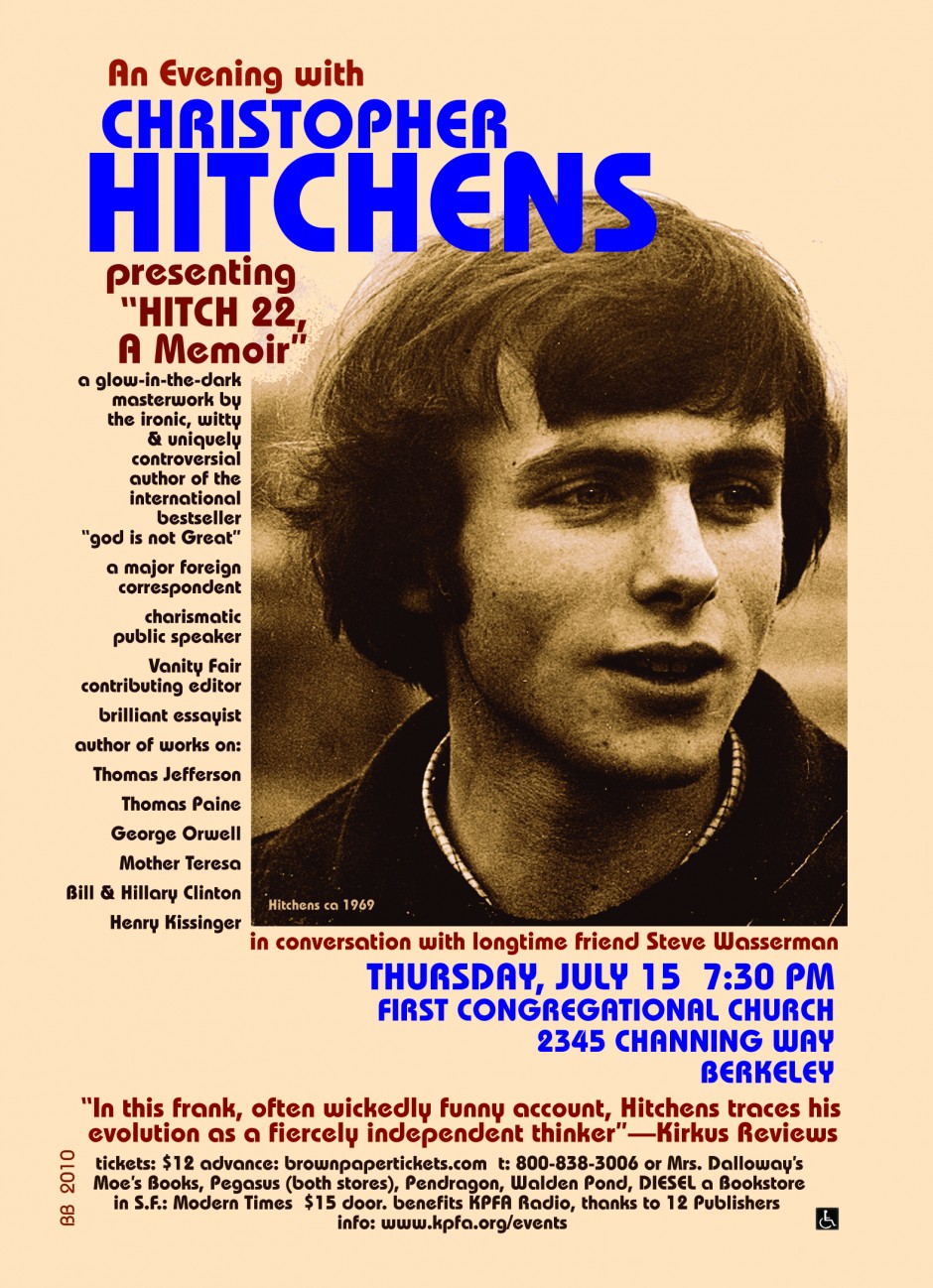

It also leads to one of Hitchens's failings here: an inability to appreciate that the personal and political are sometimes desirably kept apart.

It's an apologia - a self-justification - as much as a memoir. It is every bit as revealing as those memoirs, but it's a book that makes you want to argue with its subject rather than absorb - or contemplate - the lessons of the life lived. It's just that these emotions are so weighed against his political thoughts and feelings that That's not to say he isn't forthcoming about his emotions or his friendships. Bush's war in Iraq than he is about his feelings for his wife and children. He is, for instance, more expansive and open about his support for George W. He's rather more concerned with the ideas that have driven that life (Marxism, socialism, justice, truth, the decline of the left) and the historical encounters and moments that have marked it. But it isn't quite that, since Christopher Hitchens isn't all that concerned with the day-to-day details of the life he has lived.


 0 kommentar(er)
0 kommentar(er)
